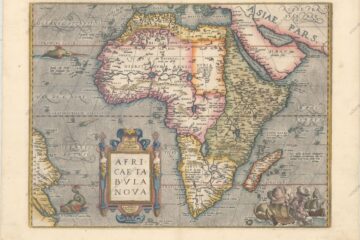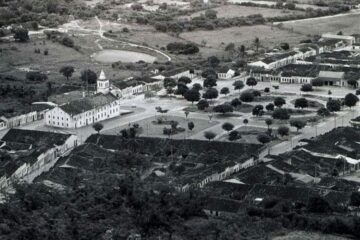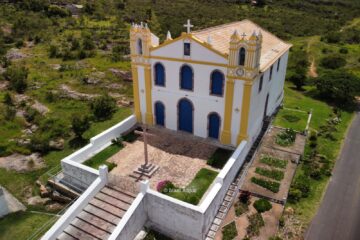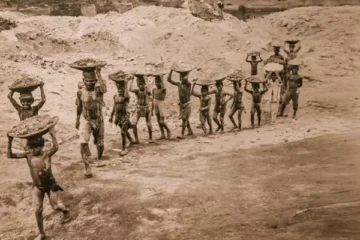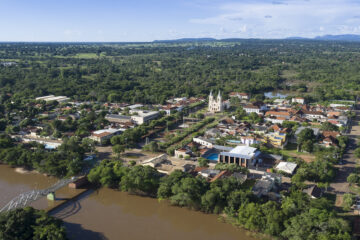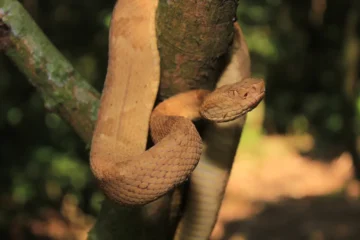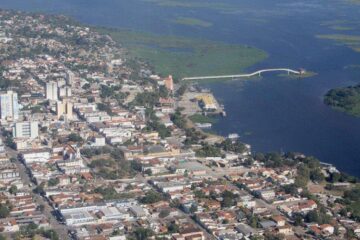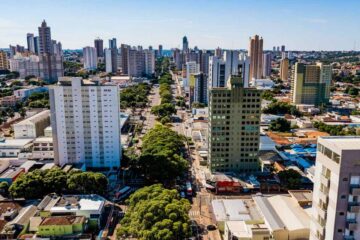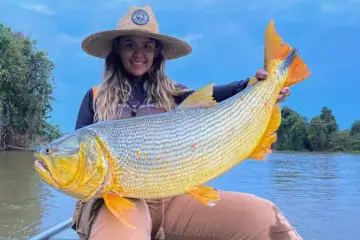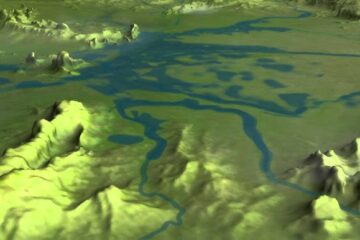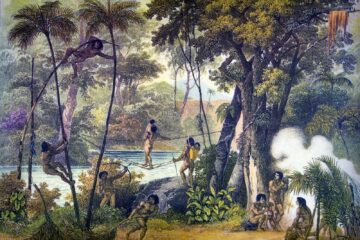Este post também está disponível em:
Português
English

Alceu Paiva Valença better known as Alceu Valença is Brazilian and was born on the first day of July 1946, in São Bento do Uma – Pernambuco is a composer and singer. From a very young age he already liked music and was always very encouraged by his grandfather who was called Paulo Alves Valença who was a door and violinist.
Alceu Valença was born in the interior of Pernambuco, on the border between the sertão and the agreste. He is considered an artist who has achieved a greater aesthetic balance between the musical bases of the Northeast and the universe of the electric sounds of pop music.
Influenced by the black maracatus, cocos and repentes de viola, Alceu Valença managed to use the guitar – which came galloping on the back of Elvis’ rock and roll – with electric bass and, later, with the electronic synthesizer in his songs.
As a result, he was able to breathe new life into a range of regional rhythms such as baião, coco, toada, maracatu, frevo, caboclinhos and embolada and repentes sung with rock’n’roll underpinnings. His music and his thematic universe are universal, but his aesthetic base is rooted in the Northeast.
Alceu Valença’s involvement with music begins in childhood, through the fairground singers of his hometown. Jackson do Pandeiro, Luiz Gonzaga and Marinês, three of the main radiators of northeastern musical culture, were picked up by him through the town’s nostalgic loudspeaker services.

Biografia do cantor e compositor Alceu Valença
At home, the formation was on account of his grandfather, Orestes Alves Valença, who was a poet and guitar player. At the age of 10 he went to Recife, where he kept in touch with urban culture, and listened to the music of Orlando Silva and Dalva de Oliveira, alternating with the emerging and rebellious rhythm of Little Richard, Ray Charles and other icons of the so-called first generation of rock’n’roll.
Alceu Valença, who had recently graduated from law school in Recife in 1969, gave up his careers as a lawyer and journalist – he worked as a correspondent for Jornal do Brasil – and decided to bet on his talent and artistic sensibility.
In Recife, the profusion of folguedos coming from all regions of the state, notably at Carnival, where groups still fraternize today, would be decisive in solidifying one of the most feverish personalities of Brazilian music.
Inherent in the work of Alceu Valença, the cosmopolitan sense of making art, in a direct way that reflected his experience and cultural baggage as a northeastern man, his history, his people and the novelties of music.
From then on, Alceu Valença matures the idea of putting the guitar and the keyboard in these strands of music from his region. The attitude itself is nothing new, since the Tropicalists had already fused Luiz Gonzaga’s baião with guitars. Alceu, however, went deeper: he researched pairs of emboladores such as Beija Flor and Treme Terra, Geraldo Mouzinho and Caximbinho, got involved with the maracatus of Pernambuco, drank from the fountain of Moorish aboios, fife, rabecas and tambourines, cooked everything in the rock pot, and the result is a timeless, quality work.
In 1971, Alceu Valença went to Rio de Janeiro with his friend and promoter Geraldo Azevedo. He began to participate in university festivals, such as TV Tupi with the track Planetário. Nothing happened. No classification, because the orchestra of the event could not play the arrangement of the song.
Biography of Pernambuco singer and songwriter Alceu Valença
